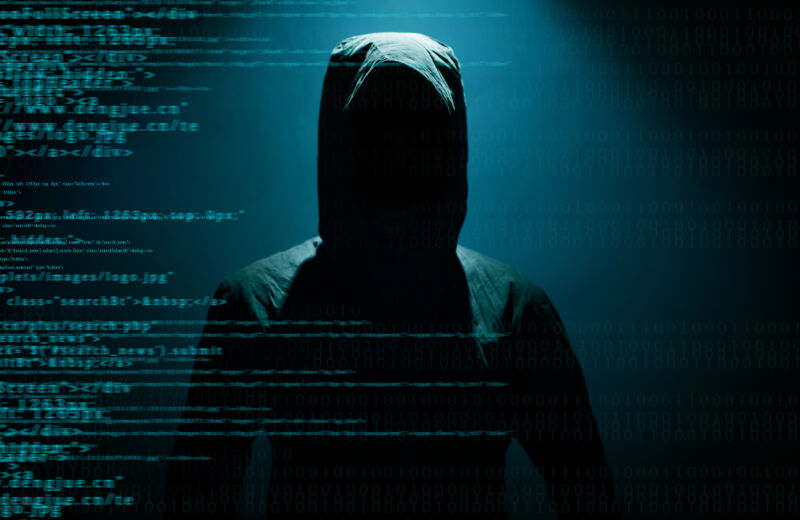An embattled group of leakers picks up the WikiLeaks mantle


Enlarge (credit: Getty Images)
For the past year, WikiLeaks founder Julian Assange has sat in a London jail awaiting extradition to the US. This week, the US Justice Department piled on yet more hacking conspiracy allegations against him, all related to his decade-plus at the helm of an organization that exposed reams of government and corporate secrets to the public. But in Assange's absence, another group has picked up where WikiLeaks left off—and is also picking new fights.
For roughly the past year and a half, a small group of activists known as Distributed Denial of Secrets, or DDoSecrets, has quietly but steadily released a stream of hacked and leaked documents, from Russian oligarchs' emails to the stolen communications of Chilean military leaders to shell company databases. Late last week, the group unleashed its most high-profile leak yet: BlueLeaks, a 269-gigabyte collection of more than a million police filesprovided to DDoSecrets by a source aligned with the hacktivist group Anonymous, spanning emails, audio files, and interagency memos largely pulled from law enforcement "fusion centers," which serve as intelligence-sharing hubs. According to DDoSecrets, it represents the largest-ever release of hacked US police data. It may put DDoSecrets on the map as the heir to WikiLeaks' mission—or at least the one it adhered to in its earlier, more idealistic years—and the inheritor of its never-ending battles against critics and censors.
"Our role is to archive and publish leaked and hacked data of potential public interest," writes the group's cofounder, Emma Best, a longtime transparency activist, in a text message interview with WIRED. "We want to inspire people to come forward, and release accurate information regardless of its source."
Read 9 remaining paragraphs | Comments
from Biz & IT – Ars Technica https://ift.tt/2BladUi

Post a Comment